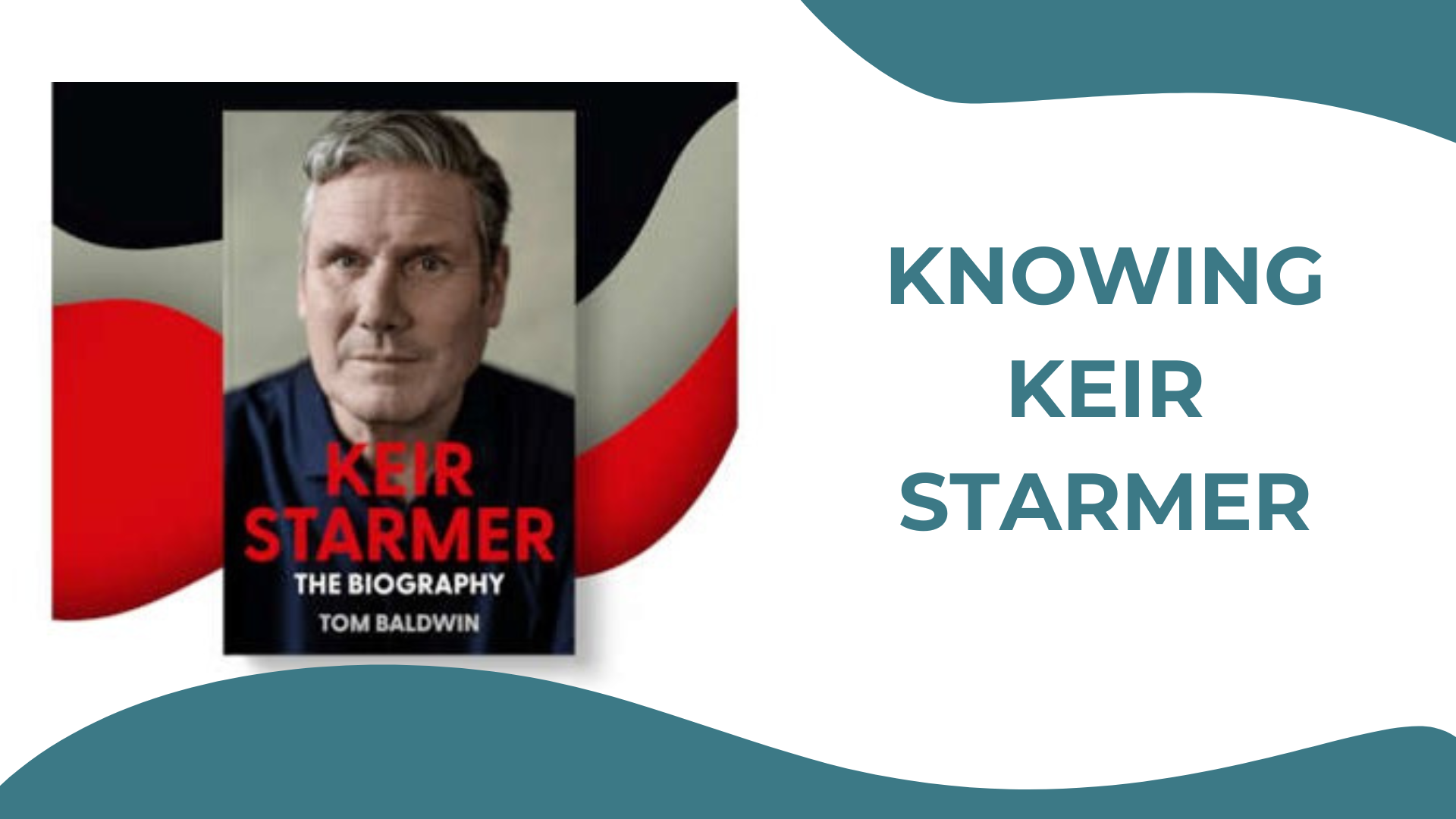During the 2020 Labour Party leadership contest I was fortunate enough to have lunch at the House of Lords with a Peer of the realm I had known since my teens (and before he became the MP for my home town, a member of the Blair Cabinet and then elevated to the Lords). Labour had just spectacularly lost the 2019 general election with an all-time low number of votes cast. His view at the time was that Keir Starmer being elected as Labour leader was the only hope the Labour Party had to avoid terminal decline.
How times change. We have a new Prime Minister called Keir and a Labour Government.
Above all the noise of the recent election campaign, what really struck me was how little I really knew about Keir Starmer and how much of what I knew was shaped and filtered by media commentary.
In our research into how unconscious biases shape our thinking and decision making [see our website here to find out more about this work] – we discovered a cluster of biases that are embodied in a character we call The Writer. When we encounter a person or a situation The Writer in us creates a narrative for us to work with. The content of this narrative is often shaped by fragments of knowledge – what people look or sound like, how they carry themselves or who they remind us of – and quickly frames our opinion. The problem is, often this narrative is shaped by assumptions and conjecture rather than facts.
So I challenged myself to go beyond the media headlines to discover more about our new PM and came across this excellent biography of Keir Starmer written by Tom Baldwin. It’s not a definitive work (they don’t exist), and Tom Baldwin admits that it’s still his interpretation, but it provides a very good window into the life, motivations and drivers of our new national leader. Let me offer three examples.
First, Baldwin tackles head on the labels of ‘dull’ and ‘uncharismatic’ that can be attributed to Starmer’s public performances. Privately people say that they see a different side to him, but publicly he adopts a different tone. Some of the reasons offered point to his personality (he isn’t wired to be a TV personality); his training (he is a barrister and needs to present arguments in a logical and dispassionate way); his predisposition (he prefers to present facts and evidence over slogans and wishful thinking). It’s not often eye-catching, entertaining stuff but Starmer eschews performing.
Second, he is not a natural politician. Keir Starmer came into national politics relatively late in life. He was first elected to Parliament in 2015 and had been a successful human rights lawyer for nearly three decades beforehand. He has a ‘hinterland’ of life and work beyond politics. His closest friends aren’t politicians but people who go back many years. His motives to go into politics seem to be based far more on values than ideology, His interest in politics seems to be more about delivering tangible outcomes than sticking to dogma.
Third, the way he engages with problems and decisions is to ask questions to understand the problem. His training as a barrister will have reinforced this approach to enquiry for sure, but it also underlines his desire to understand and gather evidence before jumping to a decision. Apparently, he isn’t one for making speeches in response to tackling tricky problems.
I learnt a lot about Keir Starmer through reading Tom Baldwin’s biography and I’m starting to get a sense of the kind of leader we will see more of. Time will tell of course but for me, this little exercise has been more about testing my own assumptions and how much of what I thought I knew about him was based on evidence or my own narrative. The bigger reflection is just how many firm judgements we make about people – whether it’s someone in the news or a colleague or friend – that are based on so little information. It’s not helpful to let The Writer in us create stories unexamined. I’m reminding myself to stay curious, challenge my assumptions and leave space to be changed.
We encourage people to make smarter decisions by having the courage to explore their own limitations and provide you with a toolkit to aid better decision making.
If you would like to discuss this article or understand more about how unconscious biases shape our thinking, do get in touch: contact@mightywaters.co.uk
Very best wishes,
Mark Withers
Founder and Director, Mightywaters




